Switzerland is three-quarters of a democracy

Just three out of four people in Switzerland have a Swiss passport, meaning that a quarter of taxpaying residents have no political voice. There are several reasons for this democracy deficit.
Generally, Swiss residents must wait ten years to apply for citizenship. By comparison, in Sweden, those from elsewhere in Scandinavia (Denmark, Finland, Iceland and Norway) can apply for Swedish citizenship after just two years. Other nationalities must wait five years.
Switzerland’s strict integration policy with its obstacles to citizenship has led to many foreigners opting out of seeking a Swiss passport. This also eliminates their right to political participation.
It is often this lack of integration of foreigners into the political process that stops Switzerland from taking the lead in international democracy rankings.
One country, 26 different policies
But each Swiss region is different when it comes to citizenship and political participation rights for foreigners. With its research project nccr on the moveExternal link, External link Neuchâtel University has closely examined these differences, finding significant discrepancies between the rural cantons of the German-speaking and southern parts of Switzerland and the urban protestant cantons of northern and western Switzerland.
This text is part of #DearDemocracy, a platform on direct democracy issues, by swissinfo.ch. The views expressed in this article are solely those of the author, and do not necessarily reflect the views of swissinfo.ch.
The picture is even clearer when comparing political participation of foreigners. The French-speaking cantons, especially Neuchâtel, are comparably liberal. Apart from Neuchâtel, only Basel City, Graubünden and Appenzell Outer Rhodes envisage involving foreigners in political decision making. No other cantons have acted on this front.
(Cantons can only influence participation on their level; voting on a national level requires a Swiss passport).
Belonging to the republic
Lucerne University has developed an indexExternal link to compare participation among European democracies, taking into account the inclusion of immigrants. Sweden is the European champion in including foreigners, while Switzerland ranks last, just behind Cyprus.
Switzerland’s notoriously strict integration policy is mainly due to its history as well as the conception of the state as a republic. Switzerland is probably among the most republican of all republics, and one characteristic of this form of government is clearly limiting the population.
Most cantons in French-speaking Switzerland allow foreigners to cast ballots on local issues and some allow it on cantonal issues as well. German-speaking cantons are much more reserved in allowing foreigners the right to vote. In total, about a third of Switzerland’s 26 cantons offer some form of voting rights to non-Swiss residents.
In 2014, canton Jura voted to allow foreigners to hold government office at communal level after living for at least ten years in Switzerland.
Also in 2014, voters in canton Schaffhausen clearly rejected a motion for foreigner political participation by 8%. In 2015, the liberal think tank Avenir Suisse surprisingly came out in favour of “passive voting rights for foreigners” on a local level. The cantonal parliament in Bern also launched an initiative with a similar goal but quickly backed out of it. In canton Solothurn, voting rights for foreigners recently came back onto the political agenda. After the cantonal parliament rejected the extension of voting rights, several left-wing youth parties were the only ones who took up the initiative for a new attempt.
In other words, it’s well defined who belongs to the republic and who doesn’t. Once he or she has become part of the republic, a sovereign citizen enjoys extensive political rights to decide as well as participate. The republican citizen is more than just a citizen – he or she is part of the state, which means ruling and being ruled at the same time. This exclusive and even hegemonic awareness of civil rights can help explain the comparatively late introduction of voting rights for women in Switzerland in 1971. Before giving women the vote, bourgeois men found that their female counterparts should not “belong to the republic”.
Yes to taxes, no to voting
The flipside to the coin is that those who don’t belong to the republic have little to no say in politics, even though they pay taxes like their Swiss neighbours.
When it comes to regulating public affairs, outsiders’ opinions don’t count. That leads to a democratic deficit. One of the principles of a liberal state says that those who pay taxes and obey national laws have the right to participate in political life.
If women’s voting rights are an indicator of how quickly liberalisation happens in Switzerland, then flying cars, summer holidays on Mars and in-vitro schnitzels will probably come about before national voting rights for foreigners.
Giving foreigners the right to vote at a national level would require uncoupling citizens’ rights from political rights. Switzerland is more likely to make obtaining a passport less restrictive, though such a proposal would almost certainly meet vehement opposition.
The first and last person trying to squeeze Switzerland into a liberal corset was no other than Napoleon Bonaparte. But even Europe’s greatest ruler was forced to capitulate. In his desperation, he is said to have uttered, “Fortunate circumstances got me to the top of the French government, but I would deem myself unfit to rule Switzerland.”
Switzerland ranks first internationally in terms of the number of popular votes held. But even with its world record of 620 national votes (as of 2017), model democracy Switzerland is far from perfect.
The author studied political science at the University of Zurich and operates a blog on political life in SwitzerlandExternal link (in German).
Translated from German by Billi Bierling, adapted by Veronica DeVore

In compliance with the JTI standards
More: SWI swissinfo.ch certified by the Journalism Trust Initiative
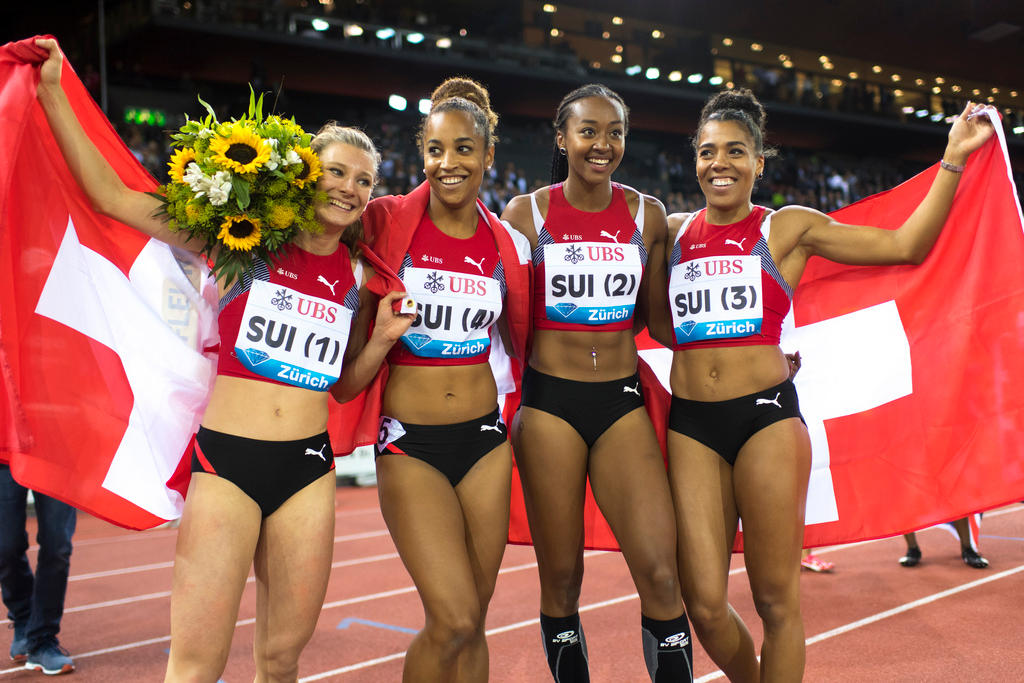
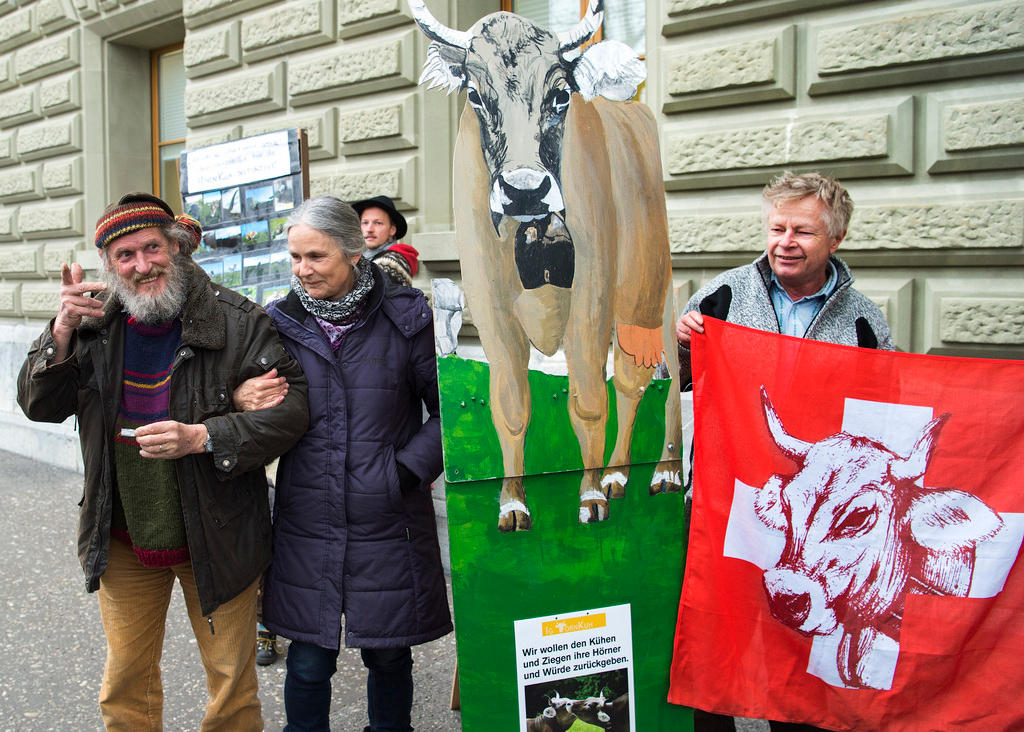
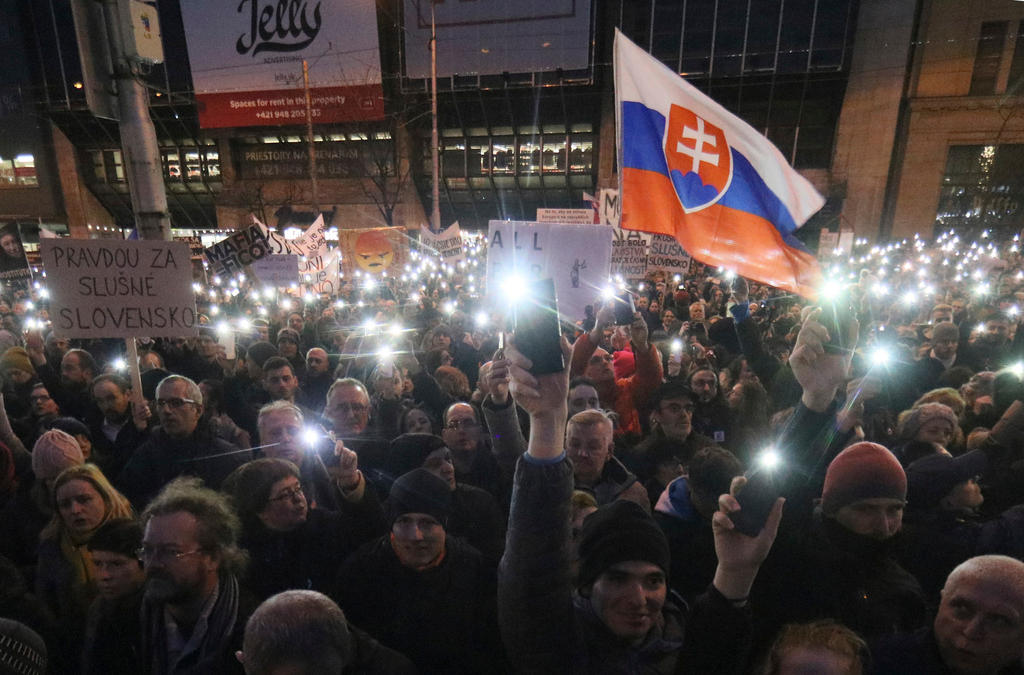

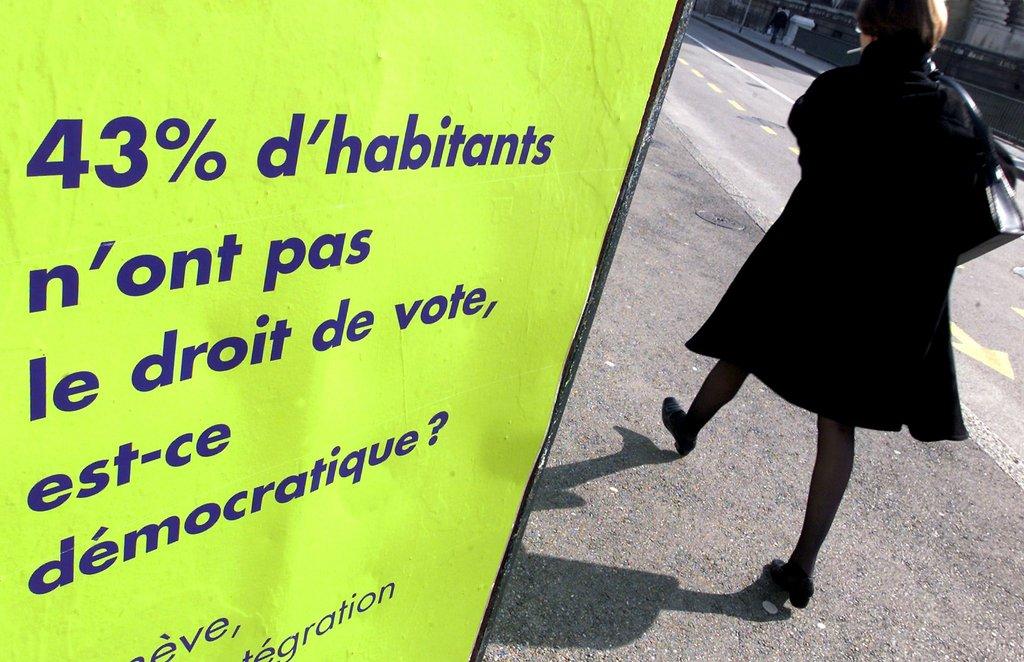
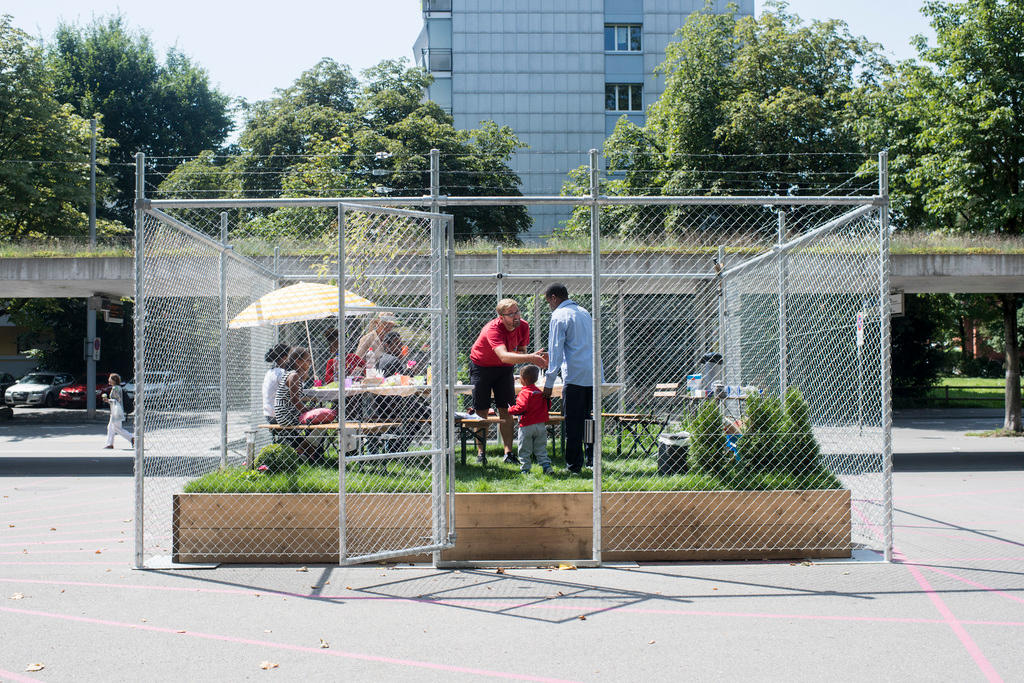
You can find an overview of ongoing debates with our journalists here. Please join us!
If you want to start a conversation about a topic raised in this article or want to report factual errors, email us at english@swissinfo.ch.